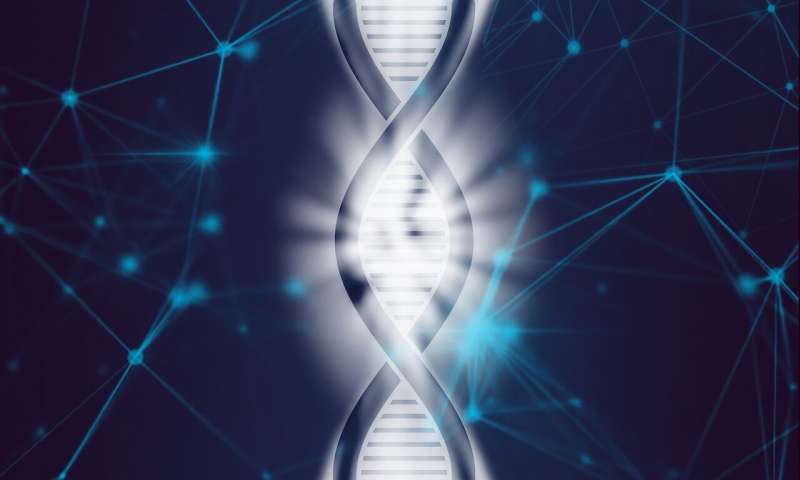From centenarians' genetic code, a potential new therapy against cardiovascular diseases

Some people live much longer than average, partly thanks to their DNA. A study, published in the European Heart Journal, shows that it could be possible to replicate this genetic gift even for those lacking it. The way is now open to an innovative therapy model capable of preventing and fighting cardiovascular diseases through a real rejuvenation of blood vessels.
The study, conducted by the I.R.C.C.S. Neuromed, the I.R.C.C.S. Multimedica and the Department of Medicine, Surgery, and Dentistry, Salerno Medical School University of Salerno, with the support of the Cariplo Foundation and the Italian Ministry of Health, focuses on the gene that encodes the BPIFB4 protein. In the past, the same research group had identified a variant of this gene, the so-called LAV ("longevity associated variant"), which prevails in people over 100 years of age. Now, through a viral vector, researchers have inserted the LAV-BPIFB4 gene into the DNA of animal models particularly susceptible to atherosclerosis and, consequently, to cardiovascular diseases.
"The results—says Annibale Puca, coordinator of a research team at the University of Salerno and at I.R.C.C. MultiMedica—were extremely encouraging. We observed an improvement in the functionality of the endothelium (the inner surface of blood vessels), a reduction of atherosclerotic plaques in the arteries and a decrease in the inflammatory state."
In other words, the inclusion of the "centenarian gene" in animal models has caused a real rejuvenation of the cardiovascular system. The same positive effect was also achieved in the laboratory, this time not by inserting genes, but by delivering the LAV-BPIFB4 protein to human blood vessels.
To these experimental data, researchers added further studies conducted on groups of patients. First, they saw that at a higher level of BPIFB4 protein in the blood was associated with healthier blood vessels. Moreover, carriers of the LAV genetic variant had higher protein levels.
Carmine Vecchione, dean of the Faculty of Medicine of the University of Salerno, says, "This study paves the way to the possibility of therapeutic solutions based on the LAV-BPIFB4 protein. Of course, much research will still be needed, but we think it is possible, by administering the protein to patients, to slow down cardiovascular damage due to age. In other words, even if a person does not possess those particular genetic characteristics, we could be able to offer the same level of protection."
More information: Annibale Alessandro Puca et al, Single systemic transfer of a human gene associated with exceptional longevity halts the progression of atherosclerosis and inflammation in ApoE knockout mice through a CXCR4-mediated mechanism, European Heart Journal (2019). DOI: 10.1093/eurheartj/ehz459



















